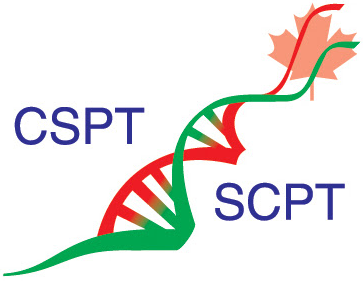Informed consent document
Definition:
An Informed Consent Document is documentation demonstrating the communication either between a subject in a research study or their designated guardian and the study research team or between a patient or a patient’s guardian and a health care provider. In the context of research an Informed Consent Document records the fact that the subject understands the rationale, benefits and risks of the research study and has agreed to participate in the study. An Informed Consent Document also provides the subject in a research study or their designated guardian with contact information for the research study team and the appropriate ethical oversight body.
Relevance:
Informed Consent is a fundamental requirement for clinical research. The first informed consent documents were used by Major Walter Reed and the US Army Yellow Fever Commission exploring the transmission of Yellow Fever in Cuba in 1900. Despite this, formal documentation of informed consent was uncommon until after World War II. Human experimentation conducted on concentration camp prisoners by German physicians in World War II led to the drafting of the Nuremberg Code by Dr. Leo Alexander, a US physician who was the chief medical advisor to the U.S. Chief of Counsel for War Crimes. The Code had ten principles, the foremost of which was that involvement in research must be voluntary. This in turn led to the Declaration of Helsinki in 1964, issued by the World Medical Association, outlining the core principles for the ethical conduct of research in humans. This has subsequently been edited seven times, the last in 2013.
Two examples serve to illustrate the importance of Informed Consent in research. One is the fact that African American men with syphilis enrolled in theTuskegee Syphilis Study were not treated despite the availability of therapy and the second the discovery that Henrietta Lacks – the woman whose cancer was the source of HeLa cells, the first immortalized human cell line and an important cell line for research – did not give permission for her tissue to be used in research led to both increased awareness and also enhanced regulation and oversight of clinical research.
This is of great importance for vulnerable subjects such as young children or patients who are neurocognitively impaired, who are often unable to provide informed consent. In this case, the investigator must ensure that an appropriate surrogate decision maker is available and that the surrogate decision maker is fully informed as to the purpose, risks and benefits of the research study. As well, investigators must be aware of issues such as a power imbalance in which potential subjects may be under pressure – direct or indirect – to participate in a research project.
Given the importance of clinical trials in pharmacology research it is crucial that trainees and investigators have a clear and complete understanding of ethical issues in drug research and the centrality of obtaining and documenting informed consent.
Teaching tips:
Considerations around using Informed Consent Documents to inform teaching include:
-
Understand the legal responsibilities of those undertaking clinical research on human subjects
-
Appreciating how Informed Consent Documents are part of the Research Ethics Board approval process
-
Communicating clearly with potential research subjects as to the rationale, risks and benefits of research
-
Understanding how to document the Informed Consent process
Suggested articles on this topic:
- This is the Canadian Tricouncil Guidance on informed consent in research
- This is a Guidance Document from the US Food and Drug Administration on the Informed Consent process and documentation
- This manuscript describes the history of informed consent and provides insight into the factors driving the development of informed consent and documentation of informed consent
- This is the website housing the Declaration of Helsinki, a key document guiding the ethical conduct of clinical research
Linked terms: Clinical Trials, Clinical Pharmacology, Drug Safety
Return to Glossary
